Florida State University, Tallahassee FL
April 6-8, 2009
Attendees
Scott Braun / NASA Goddard
Shannon Brown / Jet Propulsion Lab
Courtney Buckley / Universities Space Research Assoc.
Dan Cecil / University of Alabama in Huntsville
Shu-Hua Chen / University of California-Davis
Bill Cotton / Colorado State University
Frank Cutler / NASA Dryden
Dave Fratello / NASA Dryden
Michael Goodman / NASA Marshall
Steve Guimond / Florida State University
Jeff Halverson / Univ. of Maryland Baltimore County
Robert Hart / Florida State University
Gerry Heymsfield / NASA Goddard
Svetla Hristova-Veleva / Jet Propulsion Lab
Cerese Inglish / Florida State University
Syed Ismail / NASA Langley
Haiyan Jiang / University of Utah
Ramesh Kakar / NASA Headquarters
T.N. Krishnamurti / Florida State University
Timothy Lang / Colorado State University
Greg McFarquhar / University of Illinois
Tim Miller / NASA Marshall
John Molinari / University at Albany SUNY
Michael Montgomery / Naval Research Lab
Robert Morthel / NASA Ames
Dee Porter / NASA Dryden
Liz Ritchie / University of Arizona
Rob Rogers / NOAA Hurrican Research Division
Bob Ross / Florida State University
David Ryglicki / Florida State University
Nick Shay / University of Miami
Anu Simon / Florida State University
Jason Sippel / NASA Goddard
Eric Smith / NASA Goddard
Chris Thorncroft / University at Albany SUNY
Marilyn Vasques / NASA Ames
Bin Wang / University of Hawaii
Xiaqiong Zhou / University of Hawaii
Ed Zipser / University of Utah
Agenda
|
Monday, April 6 |
|
Tuesday, April 7 |
| 8:30-9:00 |
Marilyn Vasques/NASA Ames Research Center |
| 9:00-10:00 |
Aircraft Capabilities: Possible measurements, schedules, down day requirements, basing options |
| 10:00-10:30 |
Break |
| 10:30-12:00 |
Open discussion focused upon science objectives and the prospects for meeting these objectives given realistic projections for aircraft capabilities. Identification of issues for discussion on Day-3 |
| 12:00-1:30 |
Lunch |
| 1:30-2:00 |
Open discussion focused upon the synergies and opportunities presented by collaboration with other agencies, possible modification of scenarios to be both more realistic and more closely matched with measurement capabilities. |
| 2:15-3:00 |
Michael Goodman, NASA Marshall Space Flight Center, and Svetla Hristova-Veleva, Jet Propulsion Laboratory |
| 3:00-3:30 |
Break |
| 3:30-5:00 |
Potential for assistance in meeting primary objectives from ground-based measurements and/or measurements if no suitable targets for genesis or RI exist. Identification of missing pieces, assignment of discussion leaders for day-3 |
| 5:00-5:30 | Discussion |
|
Wednesday, April 8 |
| 9:00-10:00 |
Discussion leaders summarize status of science objectives and issues needing resolution. |
| 10:00-10:30 |
Break |
| 10:30-11:30 |
Open discussion of remaining issues, development of “to-do” list and assignments |
| 11:30-12:00 | Discussion/Wrap-up |






